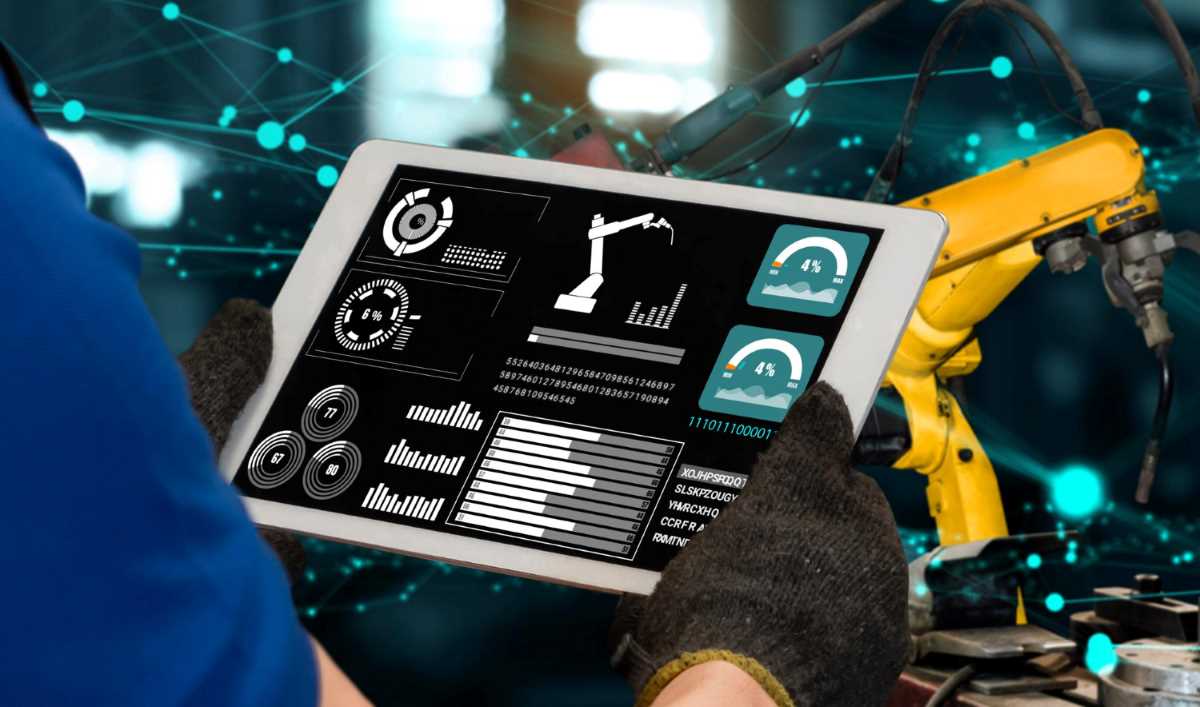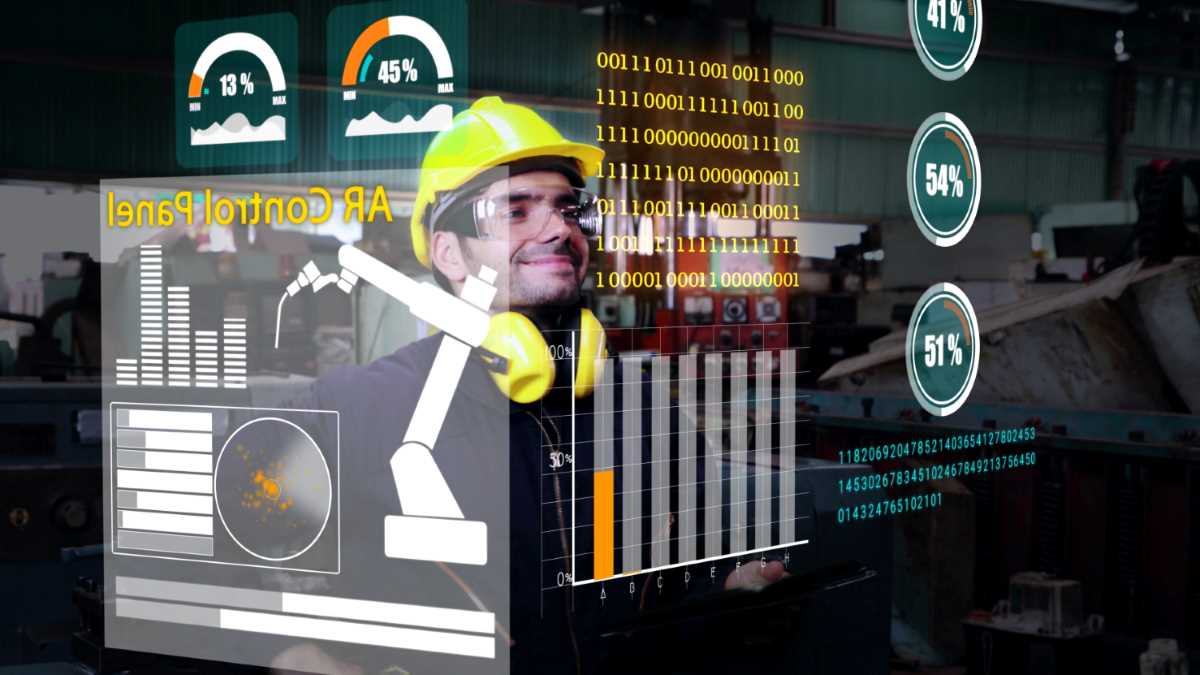How Technology Transforms DEF Production
DEF production has undergone significant advancements due to the integration of cutting-edge technology. These innovations have not only increased efficiency but also improved the quality and consistency of Diesel Exhaust Fluid (DEF), essential for reducing NOx emissions in diesel engines. Automation, digital monitoring, and advanced water purification systems are at the heart of this transformation.
The adoption of technology in DEF production has enabled manufacturers to meet rising global demand while maintaining strict quality standards. By leveraging these advancements, the industry continues to support sustainable transportation and compliance with environmental regulations.
The Impact of Automation in DEF Production
Automation plays a pivotal role in enhancing the efficiency of DEF production. Automated systems streamline processes by ensuring precise formulation, reducing human error, and accelerating production timelines. These systems also enable real-time adjustments, maintaining product quality throughout the manufacturing process.
Additionally, automation allows manufacturers to scale production without compromising consistency. This scalability is critical in meeting the growing demand for DEF across global markets, supporting industries that rely on diesel-powered engines to transition to cleaner practices.
The Role of UAN32 Production Synergies
UAN32 production and DEF manufacturing share several technological advancements, including urea processing and water purification. These synergies allow facilities to optimize resource use, improve operational efficiency, and reduce production costs. By integrating UAN32 and DEF processes, manufacturers can streamline their operations while maintaining high-quality standards.
Through these shared technologies, UAN32 production facilities can adapt to the evolving needs of both markets. This integration not only benefits the manufacturing process but also supports the sustainable goals of related industries.

Advancements in Water Purification Technologies
Water purity is critical in DEF production, as impurities can compromise the effectiveness of SCR systems. Technological advancements in water purification, such as reverse osmosis and deionization, ensure ultra-pure water for DEF manufacturing. These systems remove contaminants, maintaining the fluid’s stability and reliability.
Modern water purification technologies also address sustainability by enabling water recycling and reducing waste. These advancements support environmentally responsible practices, aligning with global efforts to conserve resources and minimize the ecological impact of industrial processes.
Sea Water Desalination in DEF Manufacturing
Sea water desalination is a groundbreaking solution for regions facing freshwater scarcity. By converting seawater into high-purity water, desalination plants provide a sustainable alternative for DEF manufacturing. This technology ensures a consistent water supply, supporting production even in resource-limited areas.
Desalination technology has evolved to incorporate renewable energy sources, such as solar and wind power, reducing its environmental footprint. These innovations make sea water desalination an increasingly viable option for DEF manufacturers committed to sustainability.
The Integration of Digital Monitoring in DEF Production
Digital monitoring systems have revolutionized quality control in DEF production. These systems enable real-time tracking of production metrics, such as urea concentration, water purity, and fluid stability. This data allows manufacturers to identify and address issues before they impact product quality.
By leveraging data analytics, manufacturers can also optimize production processes, reduce waste, and enhance efficiency. The integration of digital tools ensures that DEF production facilities operate at peak performance, meeting the demands of global markets without compromising quality.

Advances in AdBlue Production
AdBlue production has benefited significantly from technological innovations, ensuring compatibility with SCR systems worldwide. Automated systems, enhanced water purification, and real-time quality control have become standard practices in AdBlue facilities. These advancements ensure consistent quality and performance.
The global standardization of AdBlue production supports international logistics, enabling diesel vehicles to operate efficiently across diverse regions. These technological improvements reinforce AdBlue’s role in emission reduction and sustainable transportation solutions.
Standardization and Scalability in AUS Production
AUS production, or AUS32, aligns closely with DEF 32.5% standards, ensuring compatibility across international markets. Standardization simplifies manufacturing and distribution processes, supporting global compliance and product reliability. Technological advancements in automation and modular production systems further enhance scalability.
By adopting these technologies, AUS production facilities can rapidly expand to meet growing demand. These innovations ensure consistent quality while minimizing operational costs, making AUS production a key component in the global DEF supply chain.
Conclusion
Technology has transformed DEF production, driving efficiency, consistency, and sustainability across the industry. Innovations in automation, digital monitoring, water purification, and desalination have set new benchmarks for quality and environmental responsibility. These advancements ensure that DEF remains a reliable solution for reducing diesel emissions.
The integration of processes like UAN32 production, innovations in AdBlue production, and the scalability of AUS production further highlight the critical role of technology in shaping DEF production trends. As the industry evolves, these technologies will continue to support the transition to cleaner, more sustainable transportation solutions worldwide.
Frequently Asked Questions
- What is DEF production?
- DEF production involves manufacturing Diesel Exhaust Fluid to reduce NOx emissions in diesel engines using SCR systems.
- How does automation improve DEF production?
- Automation ensures precise formulation, reduces human error, and allows rapid scaling of production lines.
- What role does UAN32 production play in DEF manufacturing?
- UAN32 production shares technologies with DEF manufacturing, improving efficiency and resource optimization.
- How does water purification impact DEF quality?
- Advanced purification systems remove impurities, ensuring ultra-pure water for reliable DEF production.
- What is AdBlue production?
- AdBlue production creates DEF 32.5%, meeting global standards and supporting emission reductions in diesel vehicles.
- What challenges does AUS production address?
- AUS production ensures standardization and scalability to meet global demand while maintaining quality.
- What is sea water desalination in DEF production?
- Sea water desalination converts seawater into pure water, providing a sustainable source for DEF manufacturing.
- How does digital monitoring enhance DEF production?
- Digital monitoring provides real-time data to maintain quality, optimize processes, and reduce waste.
- Why is renewable energy important for DEF production?
- Renewable energy reduces the carbon footprint of DEF production, aligning with sustainability goals.
- Where can I find certified DEF products?
- Certified DEF is available at fuel stations, automotive retailers, and online suppliers worldwide.

